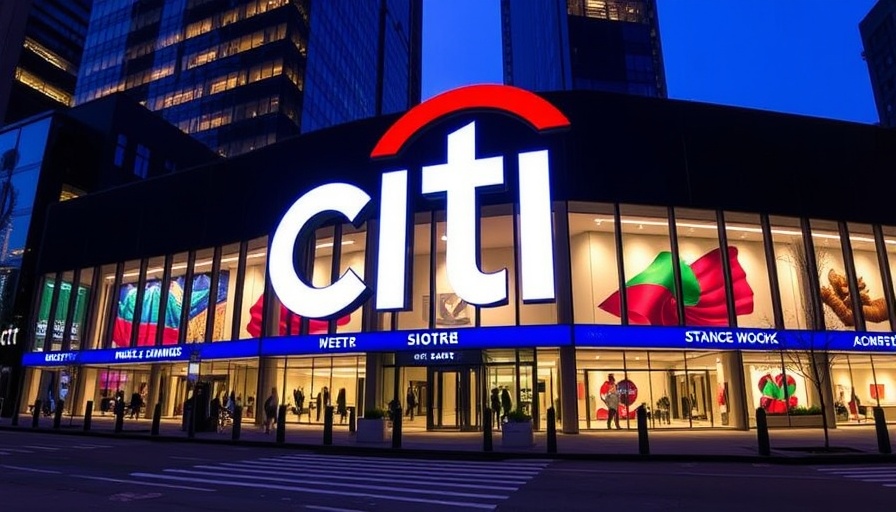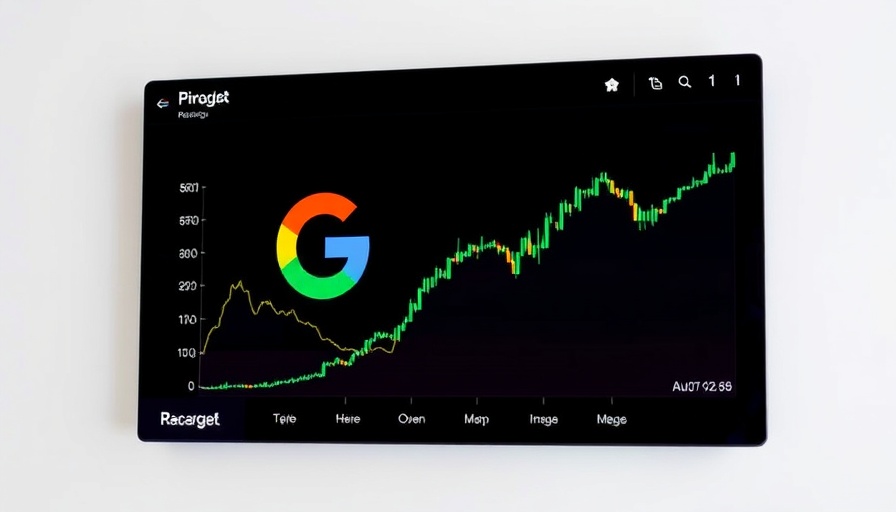
The Rising Tensions Over Trump's Plan for Chicago
The political landscape is buzzing with controversy as tensions escalate over former President Donald Trump’s proposed crackdown on crime and illegal immigration in Chicago. This initiative, intensifying the ongoing standoff between the Trump administration and local Democratic leaders, raises pressing questions about the potential implications for both the city and the nation.
Illinois Leaders Push Back Against Federal Intervention
In an interview on CBS News' 'Face the Nation,' Homeland Security Secretary Kristi Noem announced that U.S. Immigration and Customs Enforcement (ICE) operations will be enhanced in Chicago, without specifying the scope of these actions. The stakes are high as Illinois Governor J.B. Pritzker vocally criticizes Trump’s plans, framing the deployment of national troops not just as a law enforcement measure but as a threat to democratic processes. Pritzker has articulated fears that these actions could serve as a precursor to undermining the integrity of the 2026 midterm elections, essentially stating that Trump may seek to 'take control' should he perceive election disruptions.
The Public's Growing Distrust and Questions of Safety
While Pritzker calls for action to stabilize Chicago's crime rates, the scrutiny of the federal government's role deepens. Critics of Trump's administration argue that his measures could exaggerate public safety issues while potentially laying the groundwork for political manipulation. Local residents are caught in a web of fear and skepticism—many are questioning the effectiveness and motive behind federal interventions, fearing that it could escalate tensions rather than resolve violence.
Implications for Future Governance and Elections
As the midterm elections approach, the ramifications of this confrontation underscore a broader dialogue about federal versus state powers. If Trump indeed moves forward with significant troop deployments, it may signal a more confrontational stance towards democratic processes. This situation beckons a critical examination of how safety policies are shaped and the impact on civil liberties.
Understanding the Concerns Over Military Presence in Cities
The prospect of federal troops being visibly present in urban areas like Chicago is troubling for many due to historical contexts of military interference in civilian affairs. Past incidents, such as those during the civil rights movement and recent protests against racial injustice, linger in public memory, leading to fears of escalation rather than resolution. Observers of this narrative must grapple with how such actions could influence community-police relations.
What This Means for Chicago Residents
The residents of Chicago face uncertainty in the wake of these proposed federal actions. As discussions around tightening immigration and focusing on crime continue, many Chicagoans are left wondering how their lives will be impacted. The dichotomy between maintaining law and order and preserving civil rights remains at the forefront, with the local population anxious for clarity and real solutions to crime, rather than just federal muscle.
Engagement and Local Leadership's Role
What is particularly crucial now is the call for local leadership to rise above partisan conflicts to genuinely address crime and community safety. Balancing state autonomy with the necessity for federal assistance presents a significant challenge for leaders like Pritzker. Residents are looking for transparent communication and meaningful actions that target the core issues plaguing their neighborhoods, from poverty to inadequate resources for youth programs.
Moving Forward: The Path to Resolution
The future of Chicago’s safety hinges on effective governance that manages to harmonize enforcement with community trust. Whether these tensions will lead to constructive outcomes or further divisiveness remains to be seen. As political dynamics evolve, both local and national dialogues must take precedence. Engaging constituents in discussions about their needs and fears will be essential in redirecting this momentum toward a more hopeful and united front.
 Add Row
Add Row  Add
Add 



Write A Comment